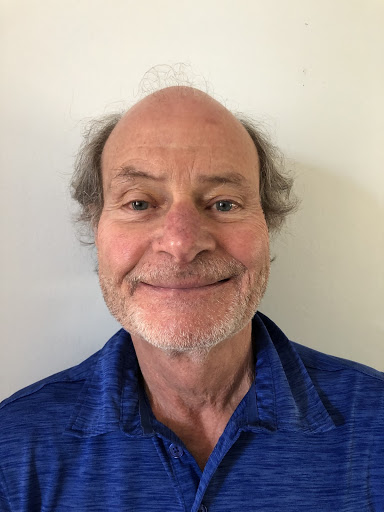Gene Stark
MIT alumnus Eugene “Gene” Stark was an early supporter of OpenCourseWare. As OCW approaches its twentieth anniversary this year, Stark reflects on OCW’s early days, how it’s shaped his relationship with MIT, and why it’s still important for him to support today.
When Gene Stark ‘68, SM ‘69, ScD ‘72 first heard about OpenCourseWare over fifteen years ago, he was instantly drawn to his alma mater’s bold new undertaking. “Not knowing more than the two sentence summary,” Gene said, he was in.
It was 2004. The official OCW site was just a year old, and home to about 500 courses. That same year OCW adopted the game-changing Creative Commons license that allows users to freely and openly share, remix, and build upon course materials [learn more about OCW’s Creative Commons license]. “I immediately said that really sounded like an MIT thing, not only doing it but making it available free,” Gene says, “That’s something I can really support.”
It was the start of what Gene called an immediate love affair with OCW that has lasted through the years. Gene became one of the program’s early and most loyal supporters.
A new era for MIT
What Gene saw in those early days was the potential for public service at a scale that was unique for the Institute. Indeed, OCW’s very existence reflected a change in how MIT related to the world since his days as an undergraduate studying electrical engineering in the 1960s.
“Over the last five decades MIT has become far more engaged with the rest of the world. The entire Institute has become such an important part of the world’s economic and technological process. This just fit in with it beautifully,” he says. OCW “goes along with humanization of MIT in my view.” More than anything, he says, seeing how MIT faculty have bought in and sustained their commitment to OCW over the years speaks volumes of the community OCW has created.
This effort has also made his own relationship with the Institute much more personal, allowing him to share MIT with young learners in his life. From attempting to tackle Intro to Biology with his thirteen-year-old grandson, to sharing OCW with his grandchildren’s teachers and classmates, it’s given him the chance to connect others with the type of thoughtful intellectual stimulation he remembers from his own time at MIT. The variety of readings, videos, and problem sets available on OCW give you what you need to master a subject—without ever making it boring, Gene says.

Eugene “Gene” Stark ‘68, SM ‘69, ScD ‘72 has been an OCW supporter for over fifteen years.
Looking to the future, Gene sees OCW’s capacity to usher in further change. It’s already paved the way for other investments in the future of open and online learning, from MITx, which launched in 2011, to MIT Open Learning, a hub of teaching and learning innovations across MIT, and home to both OCW and MITx.
OCW itself continues to embrace change. Understanding the importance of multimedia content to learners, for example, OCW has grown its library of video and audio lectures in recent years. Other new resources, like the podcast Chalk Radio, take visitors behind the scenes of their favorite courses, increasing access to instructors and their insights.
“All good deeds seem to percolate around the world in ways that none of us could have imagined,” says Gene “Open learning is really important, and there’s still a lot to be done.”

